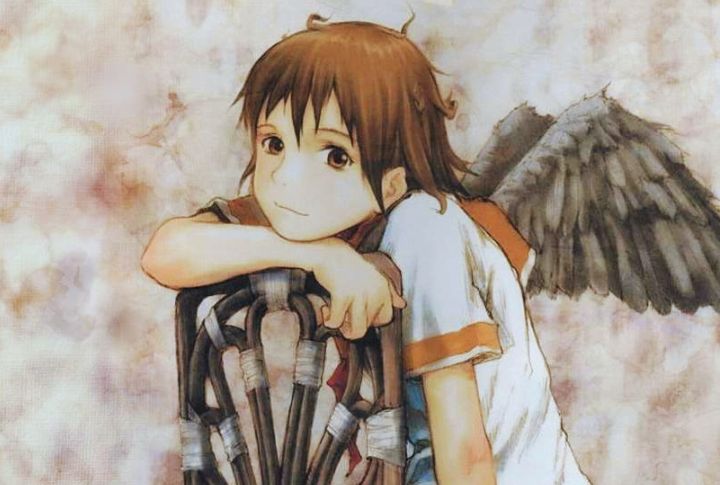
Anime fans know the frustration of searching for a series that’s mysteriously missing. Quiet removals from legitimate platforms happen more often than you think, turning certain titles into rare finds. The missing shows do not appear because of an error; they have been removed due to licensing or distribution changes. Here are ten discontinued anime that have disappeared from every legal streaming service.
Kubikiri Cycle
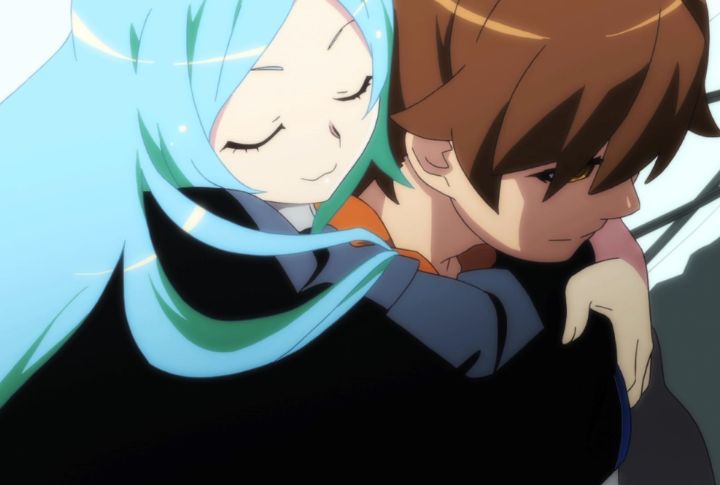
“Kubikiri Cycle” vanished suddenly, disappointing fans. This limited-edition Japanese OVA lost its digital license after Aniplex’s run. The first anime adaptation of “Zaregoto,” a mystery light novel series by Nisio Isin, combines locked-room intrigue with philosophical themes. Many older anime fans still want it, yet no legal streaming exists today.
Katanagatari

Following the expiration of NIS America’s distribution rights, “Katanagatari” was removed from Crunchyroll. Each month brought a new episode centered on one of twelve legendary swords, explaining its history and significance. Its mix of action and tragic romance continues to earn praise, even though legitimate viewing options are unavailable.
Now And Then, Here And There
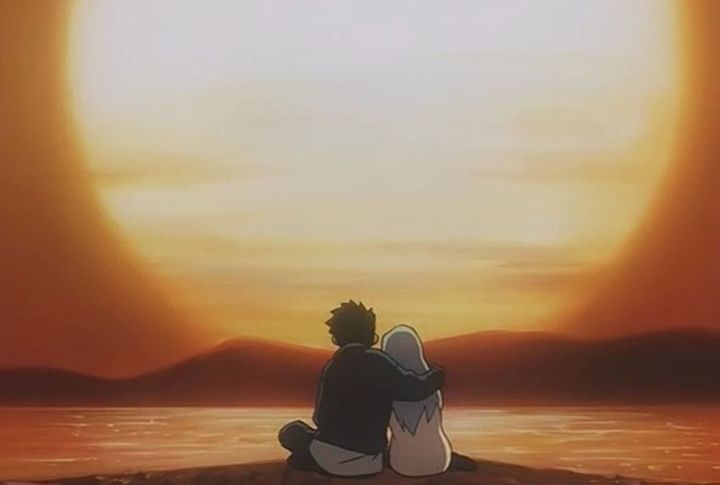
Once ADV Films closed, “Now and Then, Here and There” disappeared from every legal streaming option. The story doesn’t pull punches, as it portrays child soldier trauma and desperation caused by a lack of water. Viewers compare its emotional impact to the Studio Ghibli war drama “Grave of the Fireflies,” which makes its absence sting.
Texhnolyze
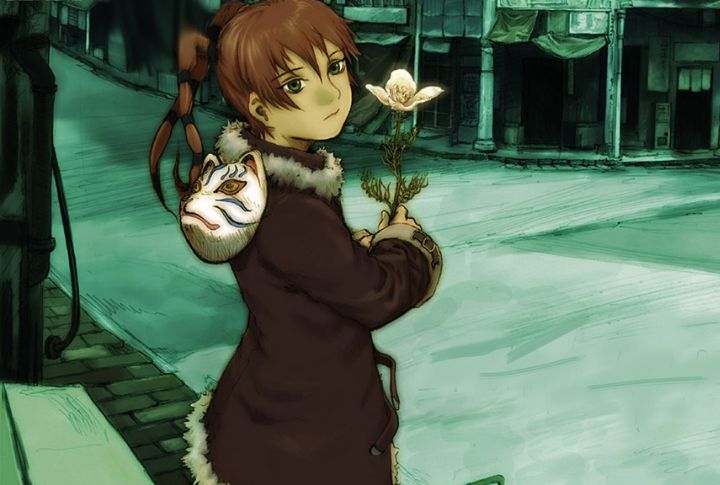
“Texhnolyze” is no longer available on authorized streaming after Geneon closed. Set in Lux, a crumbling underground city, its first episode contains fewer than five lines of dialogue. Exploring cybernetic changes and dark, bleak themes, this series remains highly praised by critics despite being difficult to watch legally.
Mononoke (2007)
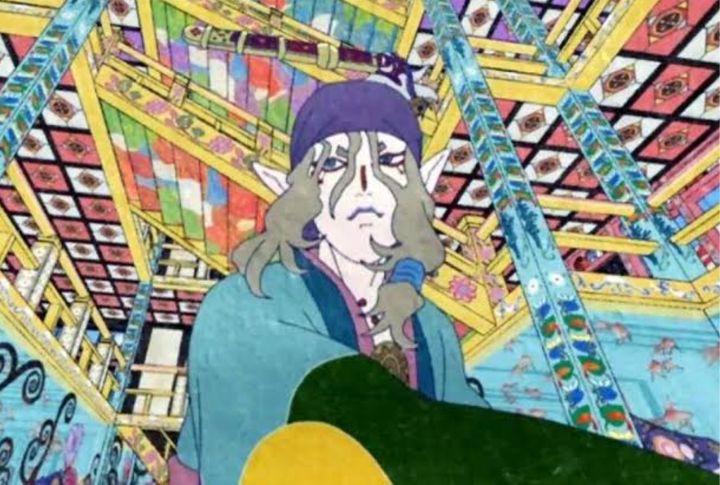
When Fuji TV’s license expired without renewal, “Mononoke” (2007) lost authorized availability. It merges Japanese traditional motifs with horror folklore, following the mysterious Medicine Seller as he investigates self-contained ghost story arcs. Each arc stands alone while adding to the series’ reputation as one of anime’s most artistically distinct supernatural works.
Fantastic Children

“Fantastic Children” lost official distribution after Bandai withdrew from the anime market. The series’ narrative covers centuries and features multiple reincarnations. Despite debuting in 2004, its art style intentionally recalls the look of 1970s anime. This choice gives it a distinct visual identity and a lasting reputation among long-time anime enthusiasts.
Haibane Renmei
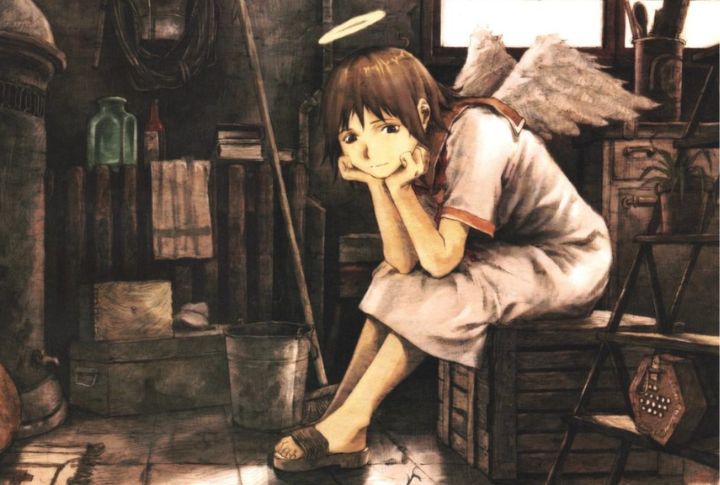
The visionary Yoshitoshi Abe, best known for “Lain” and “Texhnolyze,” created “Haibane Renmei.” It is no longer available on major streaming platforms, and physical editions are out of print. Through a gentle yet powerful narrative, the series explores themes of sin and purgatory. Its absence leaves a significant gap in anime history.
Hourou Musuko (Wandering Son)
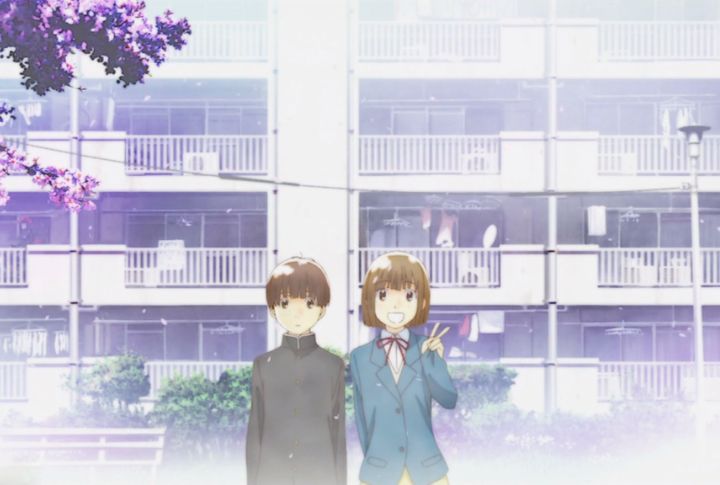
The expiry of Crunchyroll’s license removed “Hourou Musuko (Wandering Son)” from international streaming. Directed by Ei Aoki, known for “Fate/Zero,” the series is celebrated as one of the earliest anime to portray transgender youth with sincerity and depth. Audiences worldwide still feel the strong impact of its emotional honesty and authentic storytelling.
The SoulTaker
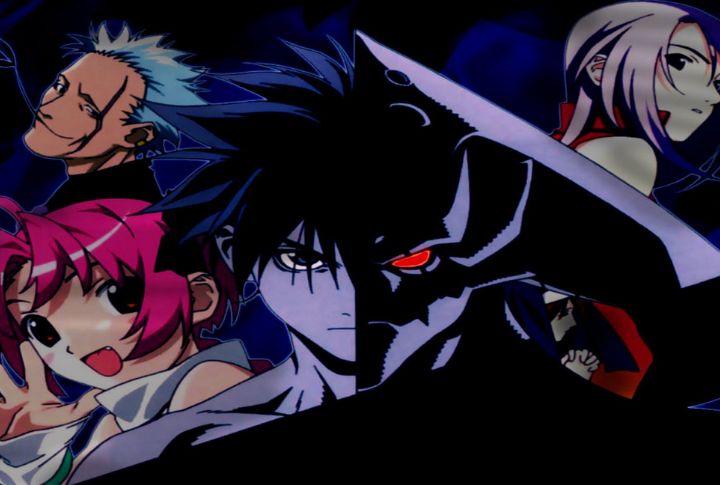
“The SoulTaker” disappeared from official channels when Geneon’s U.S. branch closed. Mixing vampire-like transformations with surreal visuals, it introduced the signature style of director Akiyuki Shinbo. The spin-off “Nurse Witch Komugi” continues the story in the same world. With no authorized access today, fans revisit its influence through discussions and retrospectives.
Kite (Uncut Version, 1998)
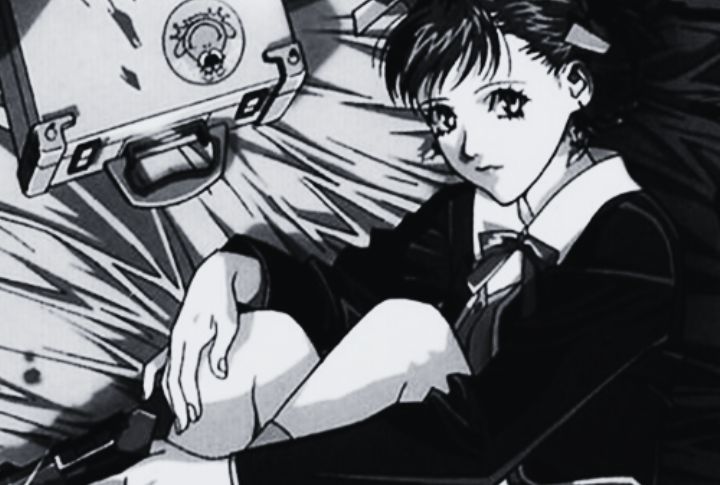
Finding the uncut “Kite” is impossible through official channels. Banned in several countries, it lacks a full streaming or Blu-ray release. Directed by Yasuomi Umetsu and admired by Quentin Tarantino, the anime has all sanctioned versions missing key scenes, meaning only incomplete editions are legally available.

